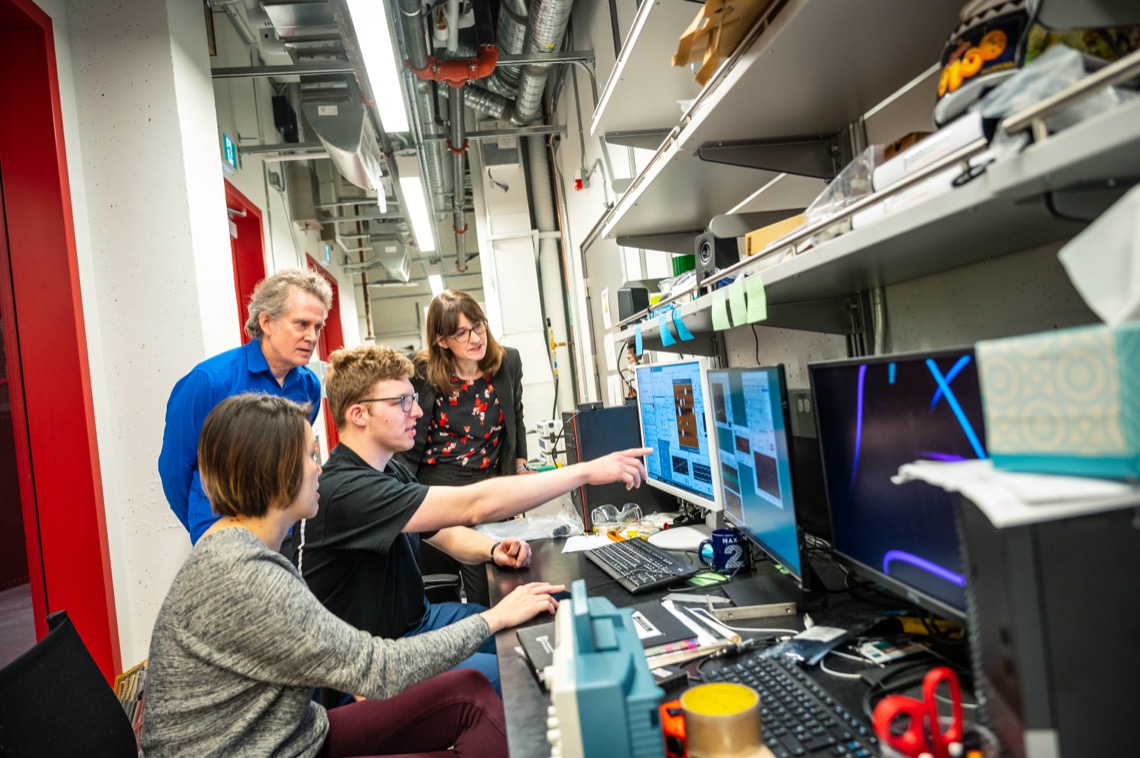We know everyone needs a little help sometimes (or sometimes a lot, and that’s ok!). UBC and our communities offer a variety of supports for different needs. The following list is not comprehensive, but hopefully provides some starting points when help is needed. Note that students, postdoctoral researchers, staff and faculty all have access to different resources; we’ve tried to label who each link applies to, but feel free to reach out if you’re not sure where to start, if you feel like something is missing, or you otherwise need help navigating the resources available to you.
Mental Health resources:
Counselling options for Students (undergraduate and graduate students) including UBC Counselling services
Resources for Faculty and Staff including information on Extended Health Benefits and the Employee and Family Assistance Plan (EFAP)
Financial resources:
UBC Graduate Student Financial Aid (GSFA): Emergency help with expenses including rent, medication, moving and leave of absence costs
UBC Emergency Funding (undergraduate and graduate students):
Emergency financial aid for unexpected financial needs including rent, emergency travel expenses, childcare, food and essential items, and emergency medical expenses not otherwise covered
UBC Enrolment Services (undergraduate and graduate students):
Help with creating a financial plan, options for tuition and fees payment, also offer financial wellness workshops
AMS Food Bank
UBC Meal Share: Financial support for food, including on-campus prepared foods or grocery items
Vancouver Rent Bank
Offers one-time interest free loans for low-income residence at risk of eviction or utility disconnection due to temporary financial crisis. For residents of the City of Vancouver only (does not include University Endowment Lands). Learn more here.
Burnaby Rent Bank
Similar program to above for residents of Burnaby
Vivien M. Srivastava Child-Care Stipend for Women Post-doctoral Fellows and Graduate Students
Offers support for childcare expenses incurred in prior year. Applications in spring. Amounts vary annually depending on number of applicants and funding available. Minimum amount $1000 (or actual expenses incurred if less), maximum $4000.
Where to get support:
Student Ombudsperson (serves students, but will take inquiries from anyone where students are involved)
Independent, impartial, and confidential resource serving students by helping navigate UBC policies and procedures, facilitate discussions, and provide guidance. Anyone can access services in the interest of achieving fairness for students.
UBC Sexual Violence Prevention and Response Office (everyone)
Supports any members of the UBC community impacted by sexual or gender-based violence, harassment, or harm.
UBC Respectful Environment Statement (everyone)
Includes link to full UBC Respectful Environment Statement as well as a list of actions to resolve conflict, and build and maintain a respectful environment for all. This policy covers matters of bullying and harassment except incidents related to discrimination (info linked from same page).
UBC Equity and Inclusion Office (everyone)
Contains links to resources including Human Rights advising
UBC Centre for Accessibility (students)
Supports students with disabilities, including through accommodations
UBC Workplace Accessibility (staff and faculty)
Supports faculty and staff with disabilities
